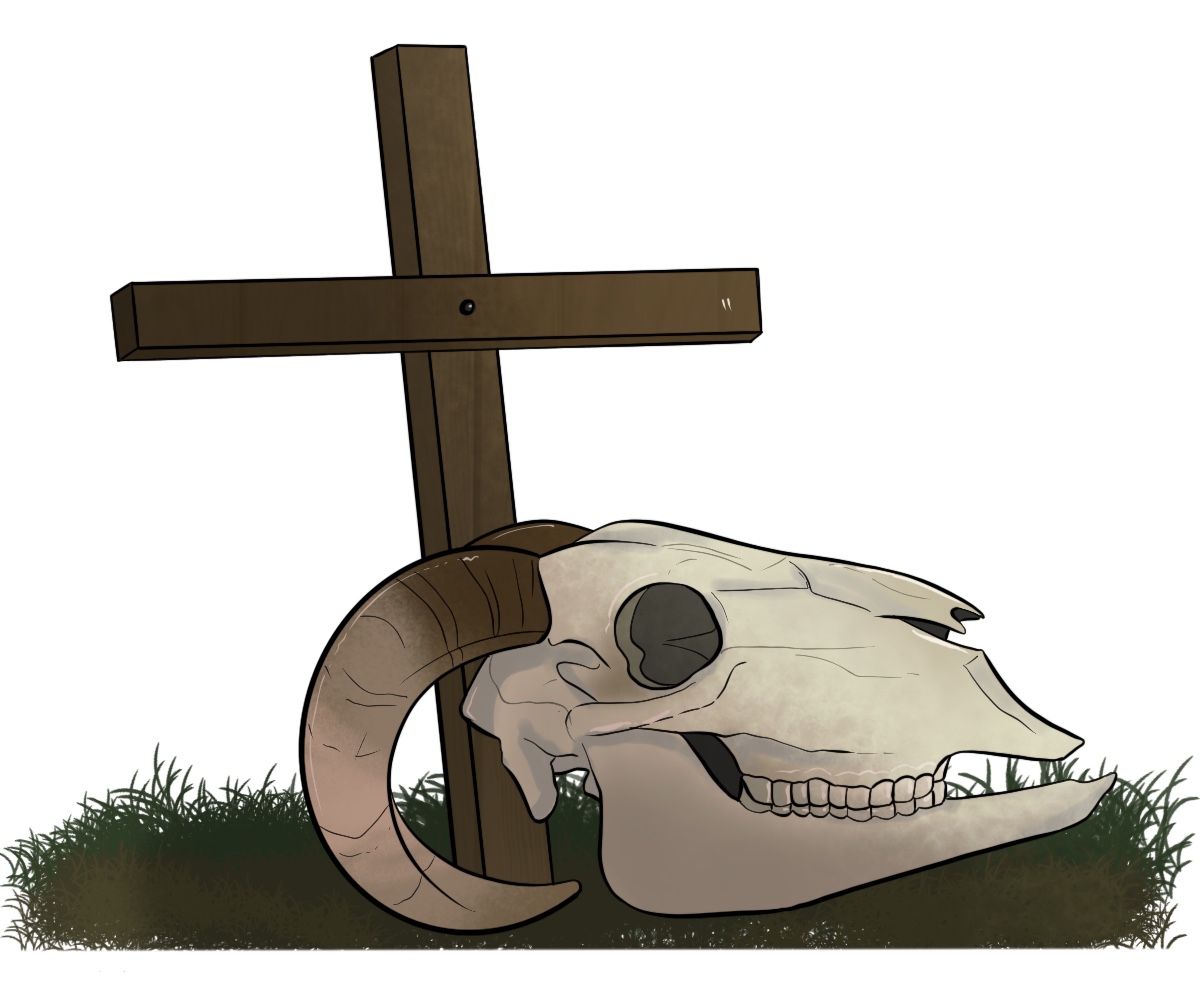‘The Devil All the Time’ delivers dark, gritty complexity
“The Devil All the Time” is an elegantly told, deeply engaging yet depressing drama with an all-star cast of complex characters. Based on a book of the same name, the multi-generational, Southern Gothic tale dabbles in themes of religion, war and death. The deliberately slow pace leads the viewer on a journey connected between several people from two small, sweltering towns in West Virginia and Ohio.
The film’s incredible cast each pull their own weight with their highly complex characters. The cast includes Tom Holland, Robert Pattinson, Stan Sebastian, Bill Skarsgård, Jason Clarke and Eliza Scanlen.
The biggest standouts were Tom Holland, who played Arvin Russell, an orphan sent to live with his grandmother, and Robert Pattinson, who played a hypocritically overzealous preacher.
Both British actors were able to take their characters, complex as they were, and spin a layer of believability. Pattinson’s creepy and loathsome performance made the hair on the back of my neck stand up. Holland, known as the most recent Peter Parker in the Marvel “Spiderman” movies, delivers a gritty and troubled performance. He does an excellent job proving he can do more than just superhero movies.
The film’s director Antonio Campos put the story together exquisitely. The editing moves fluidly each time the story and perspective changes. The rapid-changing shots feel almost continuous even in the more chaotic scenes.
Campos decided to shoot on 35 mm film, unusual for today’s digital age. It gives the film that gritty, grainy look that fits the melancholic, dark tone and . captures the character’s misery. The small Bible belt town gained depth and texture, and the cinematography had some really beautiful frames.
The problem with having so many characters in a story is each character might not be explored in enough depth, but “The Devil All the Time,” delves into each perspective. By the end of the movie, you understand each of their intentions and actions.
For example, like Holland’s character Arvin, who grows up surrounded by endless tragedies that shape the kind of man he becomes by the end of the film. Or with Jason Clarke’s character, Carl Henderson, who lusts after the Bonnie to his sadistic Clyde. As the story progressed, you saw how each fatal encounter became an addiction.
“The Devil All the Time” would have made an amazing miniseries. Its heavy and packed subject manner could dissuade viewers into turning it off after a while. It is one of those movies that require your full attention in case you miss things in scenes full of chaos and desolation.
Despite the film being dark and depressing, I found it gripping and intriguing, and would recommend it to anyone who wants a more character-driven plot. It’s one I could see doing well during award season, especially for acting, cinematography and editing.










